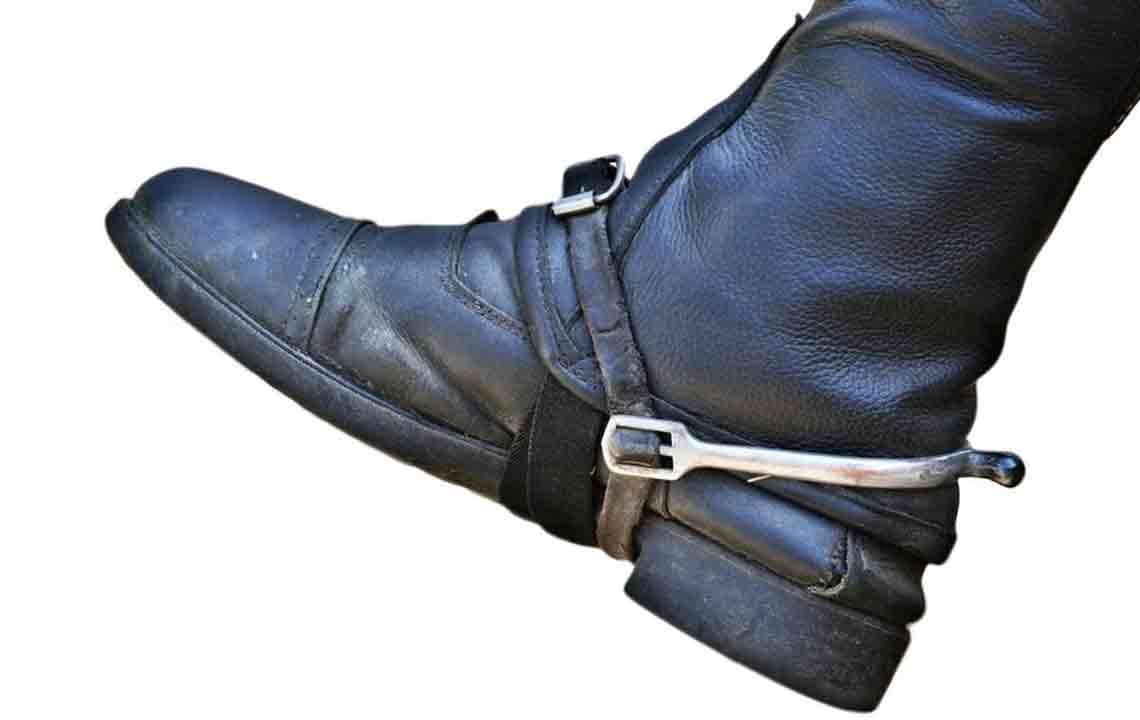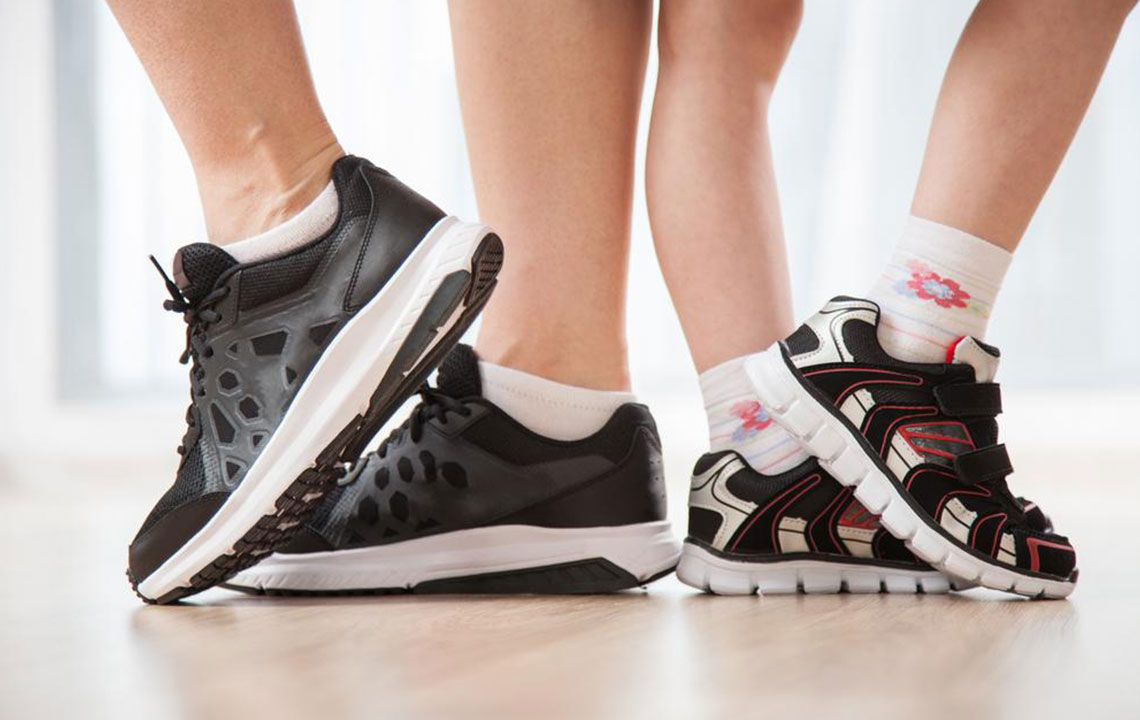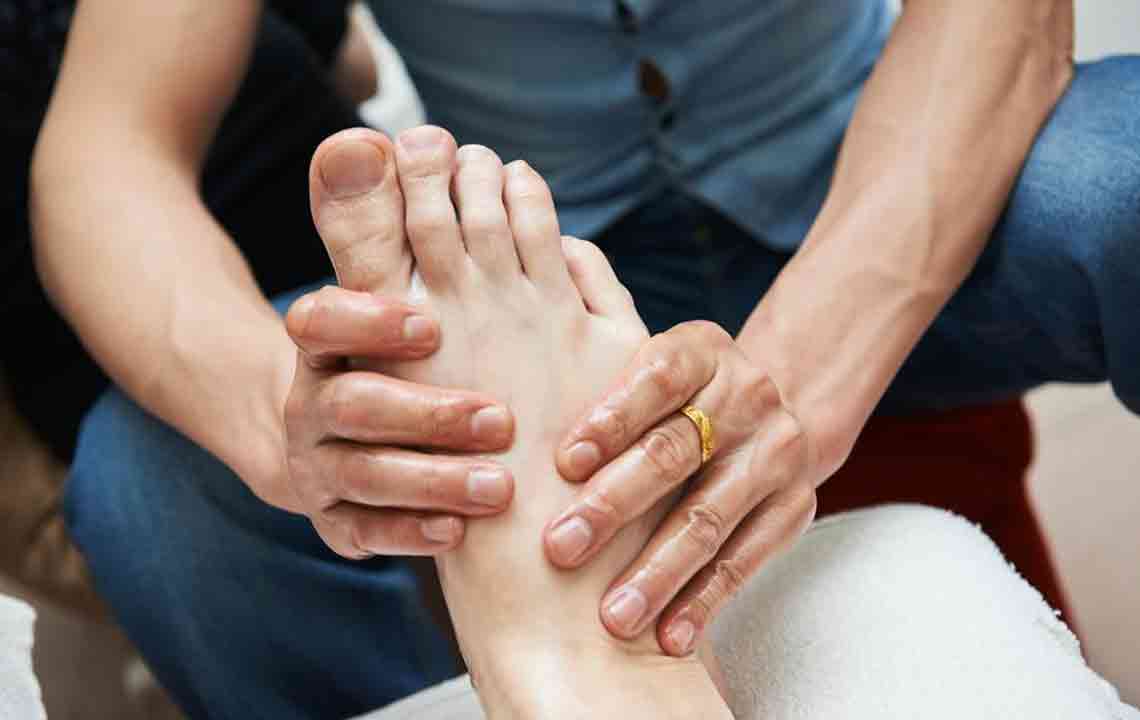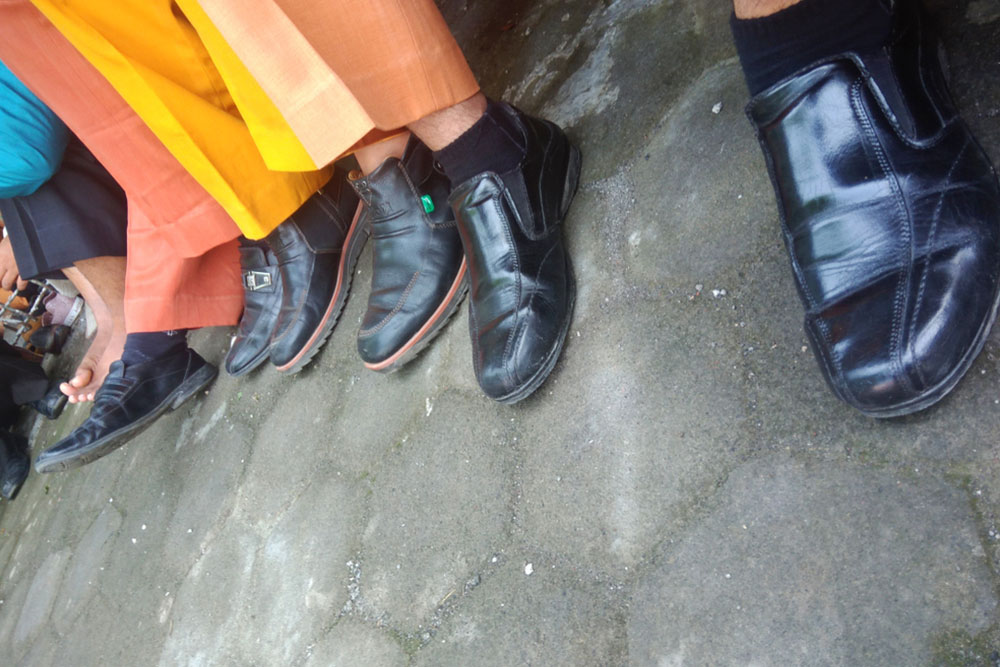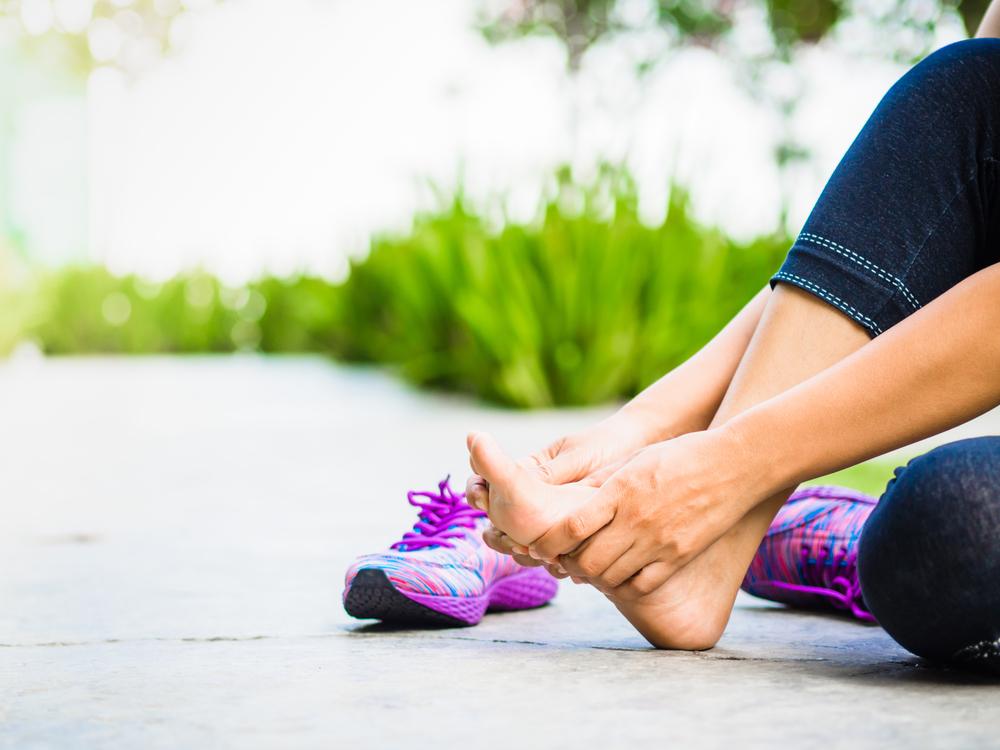Ultimate Guide to Maintaining Strong and Healthy Toenails
Discover expert tips for maintaining strong, healthy toenails. Learn essential hygiene practices, proper trimming routines, footwear choices, and medical advice to prevent common issues like fungal infections and ingrown nails. Regular toenail care is vital for overall foot health and confidence.
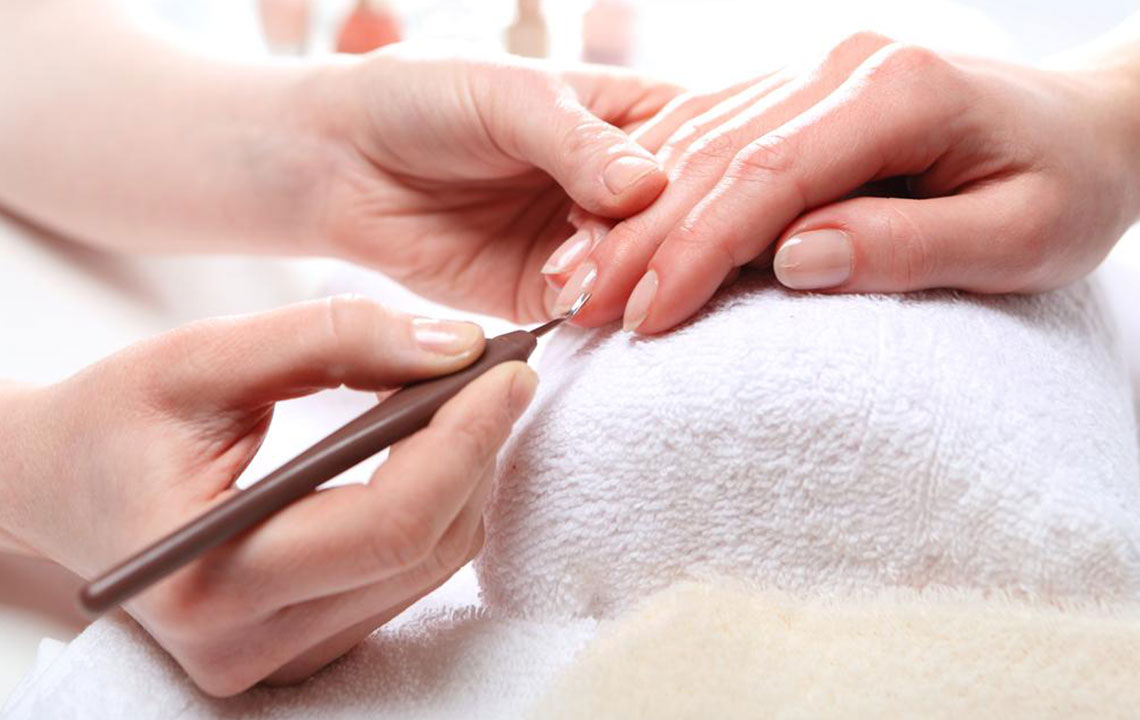
Ultimate Guide to Maintaining Strong and Healthy Toenails
Your nails, along with your skin and hair, serve as visible indicators of your overall health. Proper nail care is often overlooked but plays a vital role in preventing common issues such as ridges, dents, discoloration, fungal infections, and ingrown toenails. Maintaining healthy toenails requires consistent habits and attention to detail, especially because the feet are subjected to constant pressure, moisture, and contact with the environment. In this comprehensive guide, you'll discover effective strategies to keep your toenails in optimal condition, ensuring they remain strong, clean, and free from infections.
Prioritize Good Hygiene Practices
Keeping your toenails clean and dry is fundamental to preventing fungal and bacterial infections. Wash your feet daily with soap and water, making sure to dry them thoroughly, especially between the toes where moisture can accumulate. Regularly cleaning your toenails with a soft brush helps remove dirt and debris. Additionally, maintaining dry feet, particularly after exercise or exposure to water, minimizes the risk of fungal overgrowth. Use mild, nourishing nail cleansers and avoid harsh chemicals that can weaken the keratin structure of the nails.
For thicker or stubborn toenails, soaking them in warm saltwater for 5-10 minutes softens the tissue, making trimming easier and reducing discomfort. This natural remedy helps alleviate swelling and promotes healing if there are minor injuries or fungal issues.
Avoid Damaging Your Toenails
Refrain from biting your nails or cuticles, as such habits can cause injury, infection, and weaken the nail structure. Do not use your nails as tools to open jam jars or scratch surfaces, as this can lead to chips, splits, and breakage. Using nails as levers or prying objects increases the risk of painful tears and infections. Protect your toenails from trauma by wearing appropriate footwear and avoiding situations that can cause impact or injury.
Establish a Consistent Nail Care Routine
Cut your nails straight across using sharp clippers or scissors, and gently file the edges to prevent sharp or jagged points that can catch on socks or hosiery. Avoid overly rounding the corners completely, as this can increase the likelihood of ingrown toenails. Regularly trimming your toenails — at least once every 2-3 weeks — ensures they don’t become overly long or prone to breaking.
To promote optimal nail health, consider scheduling professional pedicures periodically, which can help remove dead skin, exfoliate, and ensure proper trimming. Keeping your toenails short and clean reduces the chances of fungal infections and ingrown nails, especially if you practice good foot hygiene.
Choose the Right Footwear
Wearing shoes that fit properly is essential to avoid unnecessary pressure and injury to your toenails. Shoes that are too tight or too loose can cause friction, blisters, or ingrown toenails. Opt for well-ventilated footwear made from natural materials that allow moisture to escape. Rotate your shoes regularly, giving them time to dry out and maintain their shape. In public places like pools, gyms, and communal showers, always wear flip-flops or waterproof sandals to prevent fungal infections, which thrive in damp environments.
Additional Tips for Toenail Health
If you notice any symptoms such as discoloration, thickening, swelling, or persistent pain, consult a dermatologist or podiatrist promptly. These signs can indicate underlying conditions like fungal infections, psoriasis, or trauma that need targeted treatment. Maintaining a balanced diet rich in vitamins and minerals, especially biotin, zinc, and vitamin E, supports healthy nail growth from within. Adequate hydration and avoiding excessive exposure to harsh chemicals or detergents further contribute to the strength and appearance of your toenails.
In Summary
Consistent and mindful toenail care leads to healthier, stronger, and more attractive toenails. Developing daily habits such as proper hygiene, careful trimming, protective footwear, and prompt attention to abnormal changes can prevent common foot problems. Remember, if you experience persistent discomfort, swelling, or unusual nail patterns, consulting a healthcare professional is crucial to rule out and treat underlying health issues effectively. Taking good care of your toenails not only enhances your overall appearance but also promotes confidence and well-being.
